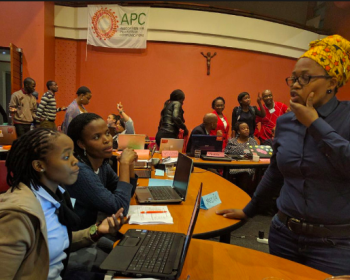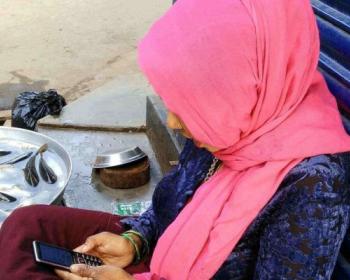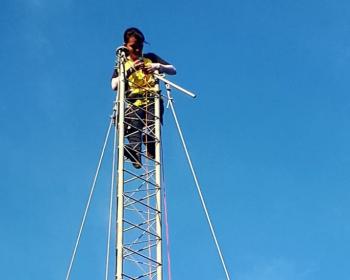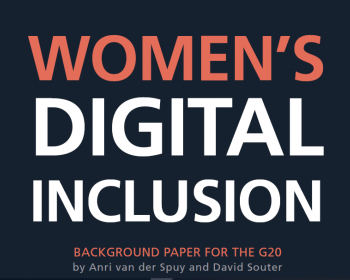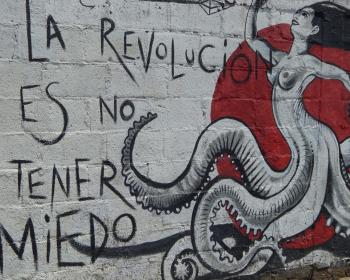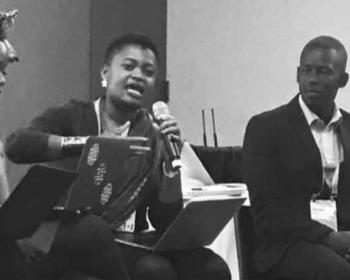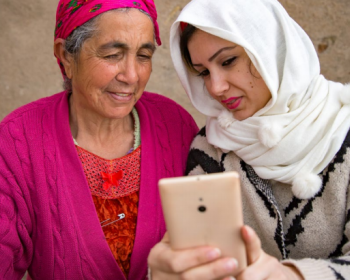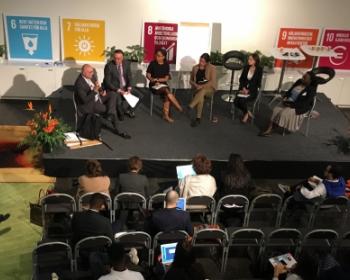gender digital divide
Despite having the highest growth in internet penetration across the globe, Africa remains the only continent whose digital gender gap has widened since 2013. It is this that motivates AfriSIG to focus deliberate gender lenses on its planning and coordination.
In this article we explore what uses women make of the internet in urban and rural parts of Manipur, India. Is this use limited to social media? What about the generation gap, and the rampant spread of election propaganda?
This interview explores the gender implications of setting up a community network in the remote areas of the Philippines – from tackling gender stereotypes to the distribution of labour to the benefits of access for a community that is ignored by telecommunications companies.
Digital disadvantage mirrors deeper structural, economic and cultural inequalities. Measures to bridge the gender digital divide must be grounded in human rights, including women’s rights to participate in and contribute to social, economic and cultural development.
This briefing, jointly published by the Internet Society and APC, outlines ways in which policy makers can facilitate the internet’s positive potential through an enabling framework for women’s digital inclusion.
The internet is viewed as the gateway to development. So, how do we respond to the challenge of the persistent digital divide? Mariana Fossatti says that we have to do this by decolonising our thinking around global governance of the internet, prioritising factors of justice and equity.
At this year's RightsCon event, WOUGNET and Research ICT Africa co-organised a session that aimed at exploring key issues and constraints facing marginalised women: often invisible groups rarely talked about and catered for.
This toolkit, produced between A4AI, the Worldwide Web Foundation, the GSMA and APC, has been designed for stakeholders who are interested in integrating gender into their research projects in order to better understand this gender gap in internet access and use.
The focus on this year’s SIF was around the critical issues of access and power. When talking about access and power, the discussion naturally comes to why there aren’t as many women in online spaces even after years of civil society’s hard work.
From harassment of human rights defenders and civil society activists, to crackdowns on freedom of expression and media freedom, to the threats faced by women and girls under conflict, a diversity of issues were highlighted at the 35th session of the UN Human Rights Council.

Association for Progressive Communications (APC) 2022
Unless otherwise stated, content on the APC website is licensed under Creative Commons Attribution 4.0 International (CC BY 4.0)



